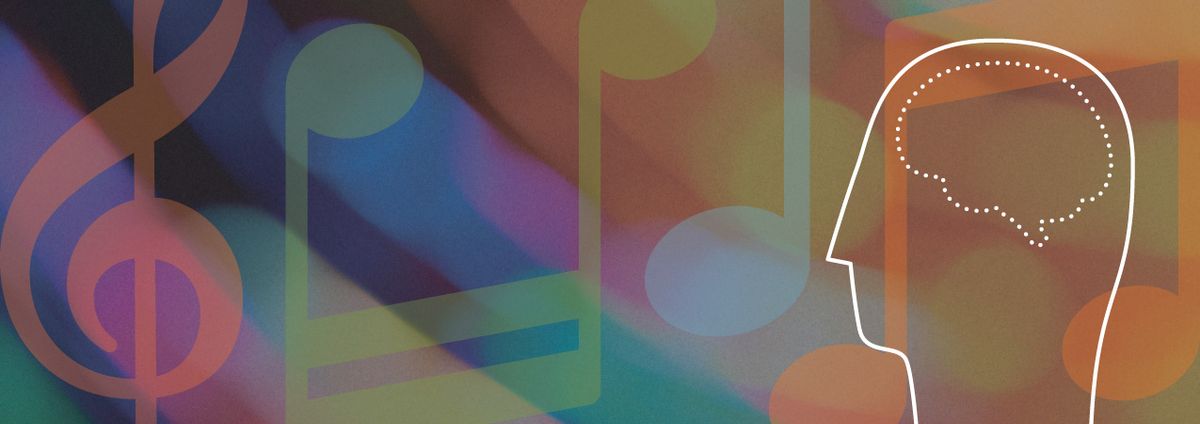Development of the NIH MBI Toolkit: Methodology and Approach

In preparation for the National Institutes of Health (NIH)–Foundation for the National Institutes of Health (FNIH) workshop series, a planning committee consisting of 12 NIH staff—program directors experienced in scientific program development and a subset of the larger Trans-NIH Music and Health Working Group (WG)—was established. Through an iterative and democratic process, and with input from the NIH director and the Trans-NIH Music and Health WG, the planning committee members met biweekly to reach consensus on the workshop format, the selection of the members for the external expert panel, and the development of the workshop agenda.
To meet our goals of providing the research community with guidelines and recommendations on music-based intervention (MBI) development, it was critical to identify panelists with expertise in areas of direct relevance and to also bring together a truly interdisciplinary panel. For each workshop, the panel included five or six experts representing the following disciplines: neuroscience, music therapy and music medicine, behavioral intervention development, clinical trial methodology, and patient and arts advocacy. These experts were identified and selected based on their published body of work, participation at other scientific meetings, and recommendations from NIH staff and external stakeholders. The NIH planning committee was especially mindful to have an expert panel that included both scientists actively working in the field of music and health, as well as experts in a relevant discipline but not directly involved in MBI research, thus bringing fresh and unbiased perspectives to the panel.
Search Strategy and Selection Criteria
- We conducted broad and comprehensive literature and database reviews of music-based intervention studies.
- We searched PubMed, and other appropriate sources (Embase, Web of Science, PsycINFO, ClinicalTrials.gov, and International Clinical Trials Registry Platform) for relevant publications on music and health more broadly to complete our reference list.
- We augmented the results of our searches by including publications cited by workshop content experts as well as other NIH investigators in the relevant fields of neuroscience, music therapy and music medicine, behavioral intervention development, clinical trial methodology, and patient and arts advocacy.
- We identified and referenced relevant meta-analyses and systematic reviews focused on arts and health more broadly and on music-based interventions specifically.
- We focused on randomized controlled trials of music-based interventions for a broad range of disorders.
- References for research tools and programs developed by the National Institutes of Health were also included.
Prior to each workshop, panelists worked closely with the NIH planning committee and engaged in two or three pre-meetings to allow for in-depth discussions of relevant questions that were provided to them in advance. Each workshop was organized around a specific theme, framed by a keynote address, and followed by a moderated discussion led by Alan Weil, editor-in-chief of the health policy journal, Health Affairs. This approach was adopted to promote rich discussions, diversity of opinions from the interdisciplinary panelists, and comments from a general audience comprised of basic and clinical scientists, music professionals, staff from NIH and other Federal agencies, and the public.
A unique feature of this process was the presentation of demonstration projects by two interdisciplinary subgroups drawn from the pool of panelists. These subgroups were tasked with developing an MBI for a particular disease or condition, applying the guiding principles that were developed throughout the three-workshop series (see Appendix for descriptions of two prototype MBI studies). To further inform development of the Toolkit, additional feedback and input was also gathered from the external community through a formal request for information.
Notably, the overall goal of developing the NIH MBI Toolkit is to provide standards and tools to investigators seeking NIH funding for their MBI studies, and as such many of the selected panelists were based in the United States. The lack of representation from a cadre of international researchers also engaged in music and health research may represent a potential limitation of the development process.